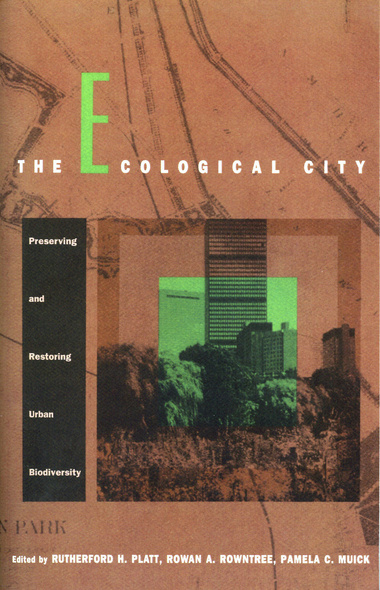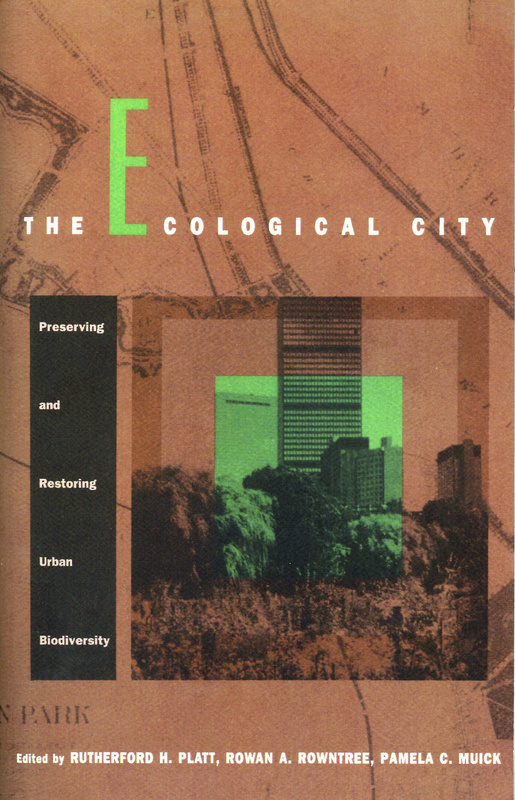The Ecological City
Preserving and Restoring Urban Biodiversity
University of Massachusetts Press
Interdisciplinary in content as well as approach, this collection of original essays takes a fresh look at the ecology of urban communities. Written by experts from a variety of professions--academic researchers, private and public program managers, and citizen activists--the book explores issues of geography, ecology, landscape architecture, urban forestry, law, and environmental education. Contributions include broad overviews of common problems a well as detailed case studies of specific programs.
Although several contributors are natural scientists, the book focuses on matters of public policy and public-private collaboration. The aim is not only to assess the impact of increasing urbanization on biodiversity, but also to propose new ways of preserving and restoring the balance between the natural and the built environment through planning and design.
Although several contributors are natural scientists, the book focuses on matters of public policy and public-private collaboration. The aim is not only to assess the impact of increasing urbanization on biodiversity, but also to propose new ways of preserving and restoring the balance between the natural and the built environment through planning and design.
An excellent and timely treatise on preserving and restoring biodiveristy in the urban landscape. . . . The diverse author team of scientists, educators, and government employees is highly qualified to discuss the complex ecological and sociological issues addressed in this book. . . . With urbanization increasing globally and with people's ecological awareness surging, this book will be very popularly received as an ecological classic for the '90s.'—Choice
'This collection approaches the idea of 'sustainability' from a number of different, equally viable points of view and contains thought-provoking concepts that are illustrated or supported by data and specific examples. The world would be useful to several kinds of audiences: regional planners, local conservation commissions, ecologists who become involved in urban problems, and academics looking for concrete real-world examples to use in their teaching.'—C. John Burke, Smith College
Rutherford H. Platt is professor of geography at the University of Massachusetts Amherst. Rowan A. Rowntree is research program leader for the study of forests and urbanization at the U.S. Forest Service's Northeastern Forest Experiment Station. Ecologist Pamela C. Muick is researching vegetation change in the urbanizing wildlands of California for the U. S. Forest Service's Northeastern Forest Experiment Station.






